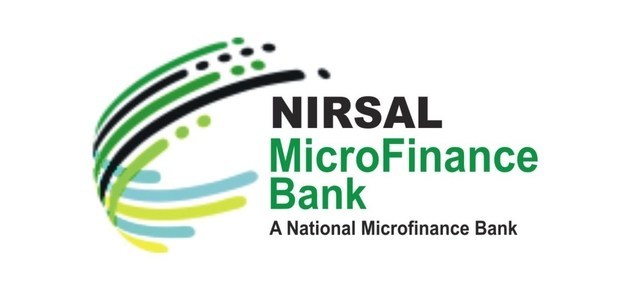Telecoms firms decry suffocation as CBN lifts currency ban for SMEs import window
Chances of Information and Communications Technology (ICT) firms to continue to contribute lion share to the Gross Domestic Product (GDP) of the nation were Thursday again, muzzled as the Central Bank of Nigeria (CBN) lifted ban on currency allocation for SMEs importers of goods worth up to $20,000 per quarter. The apex bank said in a circular on Thursday.
Check by our Correspondent showed that critical materials needed by telecoms companies to upgrade services and expand infrastructure are still under lock and keys of the CBN forex restriction policy even though their import level fall within those of SMEs.
It would recalled that the bank had in 2015 placed a restriction on 41 items for which importers could no longer get dollars, including rice, toothpicks, cement, private jets, steel products, plastics and rubber, soap, cosmetics, furniture, Indian incense and foreign bonds.
But rather than conserving foreign reserves as targets, the move curbed access to dollars for importers bringing in a wide range of goods, thus leading to rise in black market deals and worsened investor perceptions about the policy in Nigeria.
In an interview during the recent Annual General Meeting of the Association of Telecoms Companies of Nigeria (ATCON), the President, Engineer Olusola Teniola, said “Our members are getting out of jobs considering the inclusion of many of the materials we need to grow the sector in the list of forex restricted 41items.
According to the latest CBN circular, “Importers of items classified as not valid for forex with transactions value of $20,000 and below per quarter shall now qualify for allocation of foreign exchange”.
Towards the end of April, CBN had cut the amount of paperwork needed for small firms to buy dollars, to ease doing business and help narrow the gap between official and black market exchange rates. It said it will offer them up to $20,000 per quarter.
Nigeria introduced capital controls in 2015 after a sharp fall in oil prices caused chronic dollar shortages, weakened its currency and slashed government revenues, tipping the economy into its first recession in a quarter of a century last year.
CBN subsequently introduced and then abandoned a currency peg and now uses a system of multiple exchange rates which the bank says help it manage “frivolous” dollar demand.
As a reaction, the naira was quoted weaker on Thursday at an investor trading window, at 382.14 per dollar, data from market regulator FMDQ OTC Securities Exchange showed. The official market rate was 305.20 and the black market rate 391.
Initial signal to partial lifting of the ban was given Tuesday by Vice President Yemi Osinbajo in Lagos during discussions at the Platform Convention, saying Nigeria aimed to replace the list of 41 import items with more trade policy-driven restrictions taking into account items that are required and locally unavailable raw materials.









